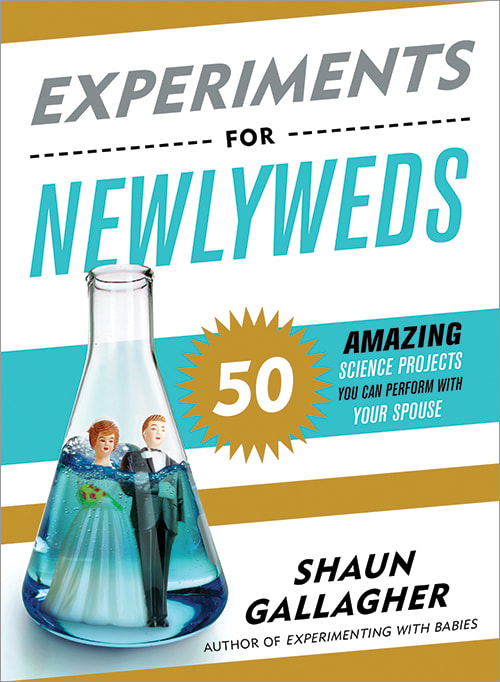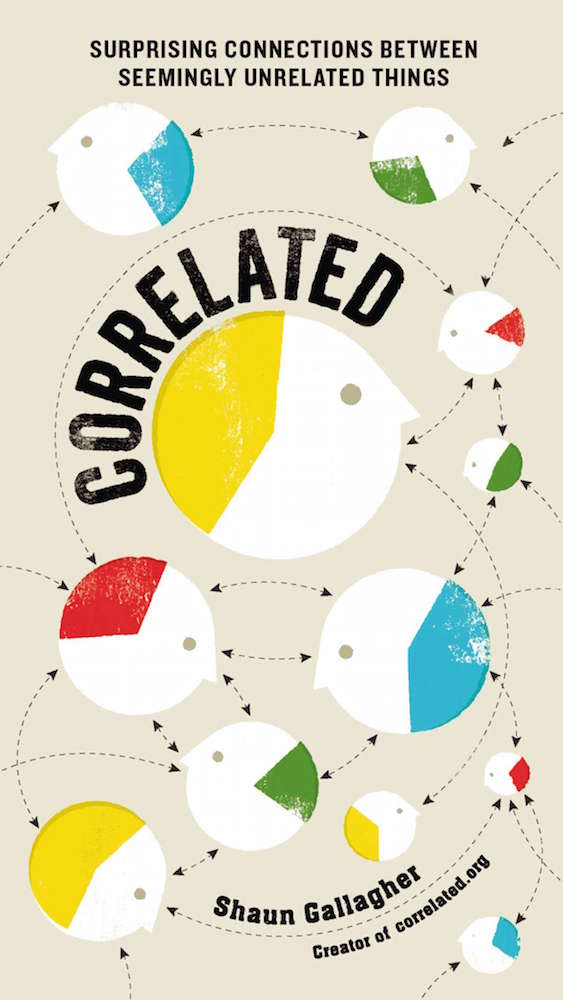My best advice about preparing for difficult conversations
A few years ago, I gave a presentation to some colleagues (other engineering managers) about how to deliver constructive criticism.
I would love to say that all of the advice I shared was learned by watching other people make mistakes and learning how to avoid them, but in truth, most of it came from having made mistakes myself.

There is one piece of advice from that presentation that had been a particularly long-lasting bad habit of mine, and I share it here to help anyone else who's fallen into this trap.
When preparing for a difficult conversation, don't waste your time trying to anticipate reactions.
I did this for years! And it was so time-consuming.
I would try to envision and rehearse every way the conversation could go: How would I open the conversation? How might the other person respond? What would I say if they said X? What would I say if they said Y?
Inevitably, the conversation would not follow the elaborate scripts I had constructed in my head — but I was so boneheaded that I thought I simply hadn't prepared well enough!
The truth is, there are so many possible ways a difficult conversation can go that to be able to anticipate them all would take far more time than anyone has available.
I am happy that I eventually learned my lesson, and now I can share it with others.
When preparing for a difficult conversation, the best way to spend your time is by collecting evidence and formulating next steps.
If you're a manager who needs to speak to one of your employees about performance issues, I can guarantee you that your conversation will go more smoothly if you invest 30 minutes gathering evidence of specific deficiencies or lapses and ways to address them than if you invested 30 minutes trying to anticipate exactly how the conversation would unfold.
If you need to deliver bad news to someone — for instance, that their request for a promotion was denied, or that a promised project will not be delivered on schedule — you will be far more prepared for the conversation if you have a path forward, grounded in the best available evidence, ready to share than if you'd come up with a really polished opener.
The list goes on. Whether it's addressing a tense interpersonal issue between two colleagues; informing a coworker about a delicate, potentially embarrassing hygiene issue; pushing back against your boss against an ill-thought-out directive; or asking to be considered for a raise or promotion — you will have invested your time well if you have evidence to present and next steps to propose.



